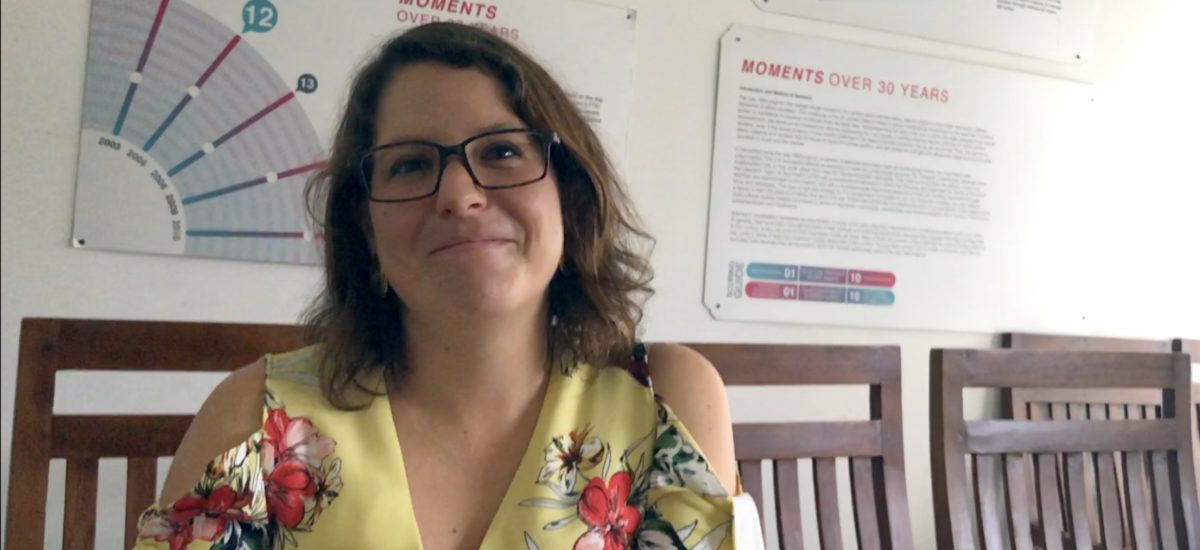Juanita Goebertus is the Deputy Director of the Institute for Integrated Transitions. On a recent trip to Colombo, she shared some thoughts on the Colombian referendum, how it came about, her vast experience around planning for a plebiscite and other insights from her country’s violent history and how it could resonate with Sri Lanka’s constitutional reform process.
We began our conversation with Juanita giving a brief overview of the Colombian referendum – why it was held, the context it was held in, and an overview of what led to its result. Going against all polls and expectations, given the surprising result in Colombia, Juanita is asked what confidence a Sri Lankan desirous of a new constitution can have in a referendum, which today is subject to sophisticated political forces that strengthen, often, the No camp.
Her answer embraces the catastrophic mistakes made by the Yes camp in Colombia, including being very late around the media and communications planning, output and engagement. This leads to a question that probes Juanita more about the role of communications and media strategy around a referendum, and why political leaders need to account for public engagement as an inextricable part of any campaign strategy.
Juanita’s submission that the communications and political strategy needs to embrace popular fears and engage the support base of former leaders is probed in greater detail. She is asked how a campaign around a referendum can deal with spoilers – those who for whatever reason in a variety of ways, including through insincere engagement, seek to undermine and destroy a reform process.
Juanita brings up the point about transitional justice and the role it played in the Colombian referendum. The question is put to her, more from a Sri Lankan context, as to how a process leading up to a referendum on a new constitution should prioritise TJ issues – whether a high visibility undermines or risks gains in other areas, or a low visibility risks the importance of TJ being marginalised.
Her final question is around how to mobilise a Yes campaign in light of, in Sri Lanka, statements from the likes of Maj. Gen. Kamal Gooneratne, tacitly endorsed by Gotabaya Rajapaksa and his Viyathmaga campaign, that anyone who supports the new constitution is a traitor, should be killed, and after being murdered, should be further humiliated. Juanita flags several points of great importance for the current government, if it is truly desirous of meaningful constitutional change, through a referendum.

